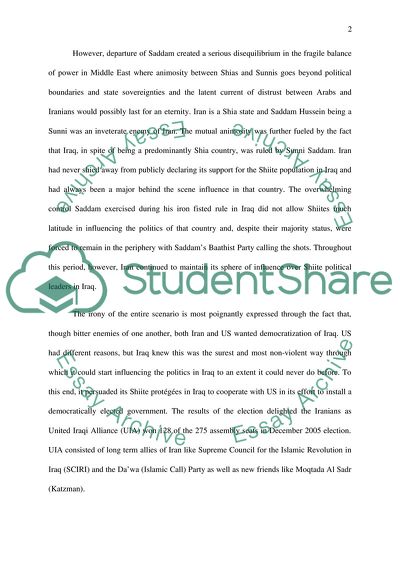Cite this document
(The US Efforts to Install Democracy in Iraq Assignment, n.d.)
The US Efforts to Install Democracy in Iraq Assignment. https://studentshare.org/military/1746225-video-review
The US Efforts to Install Democracy in Iraq Assignment. https://studentshare.org/military/1746225-video-review
(The US Efforts to Install Democracy in Iraq Assignment)
The US Efforts to Install Democracy in Iraq Assignment. https://studentshare.org/military/1746225-video-review.
The US Efforts to Install Democracy in Iraq Assignment. https://studentshare.org/military/1746225-video-review.
“The US Efforts to Install Democracy in Iraq Assignment”. https://studentshare.org/military/1746225-video-review.


